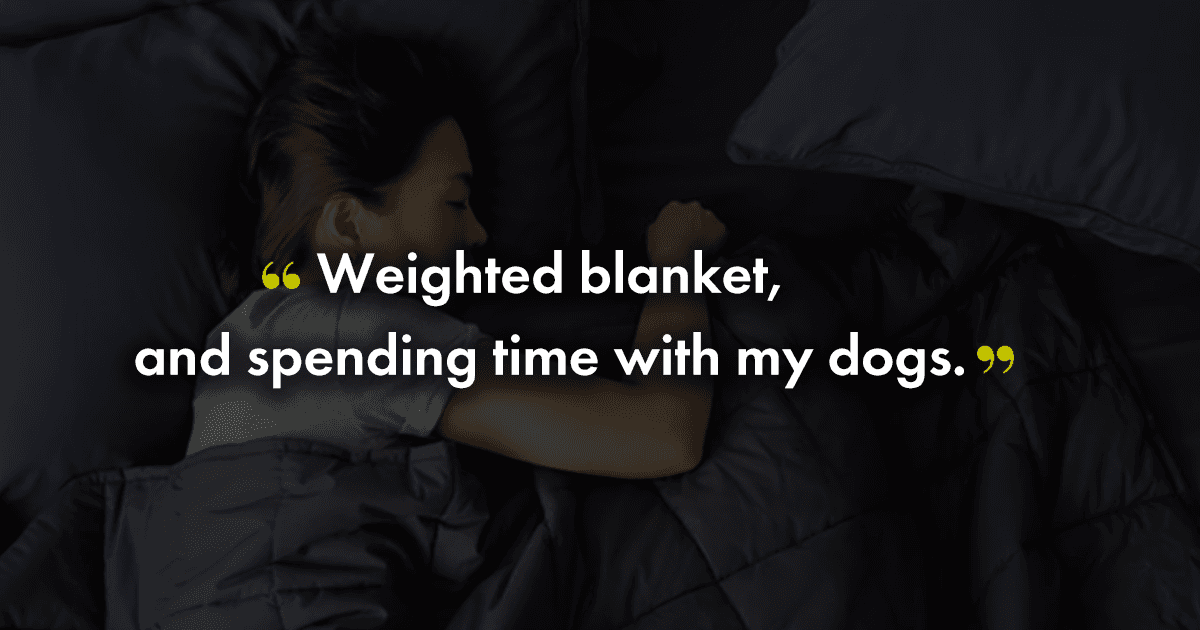Do you know that the human body has its own biological cycle that works in coordination with earth’s rotation?
Well, this biological cycle or internal clock is known as the circadian rhythm.
For those who don’t know, the circadian rhythm is our body’s biological mechanism that controls our sleep-wake cycle. This internal clock plays a major role in enabling our productivity by affecting what time you sleep or get out of bed.
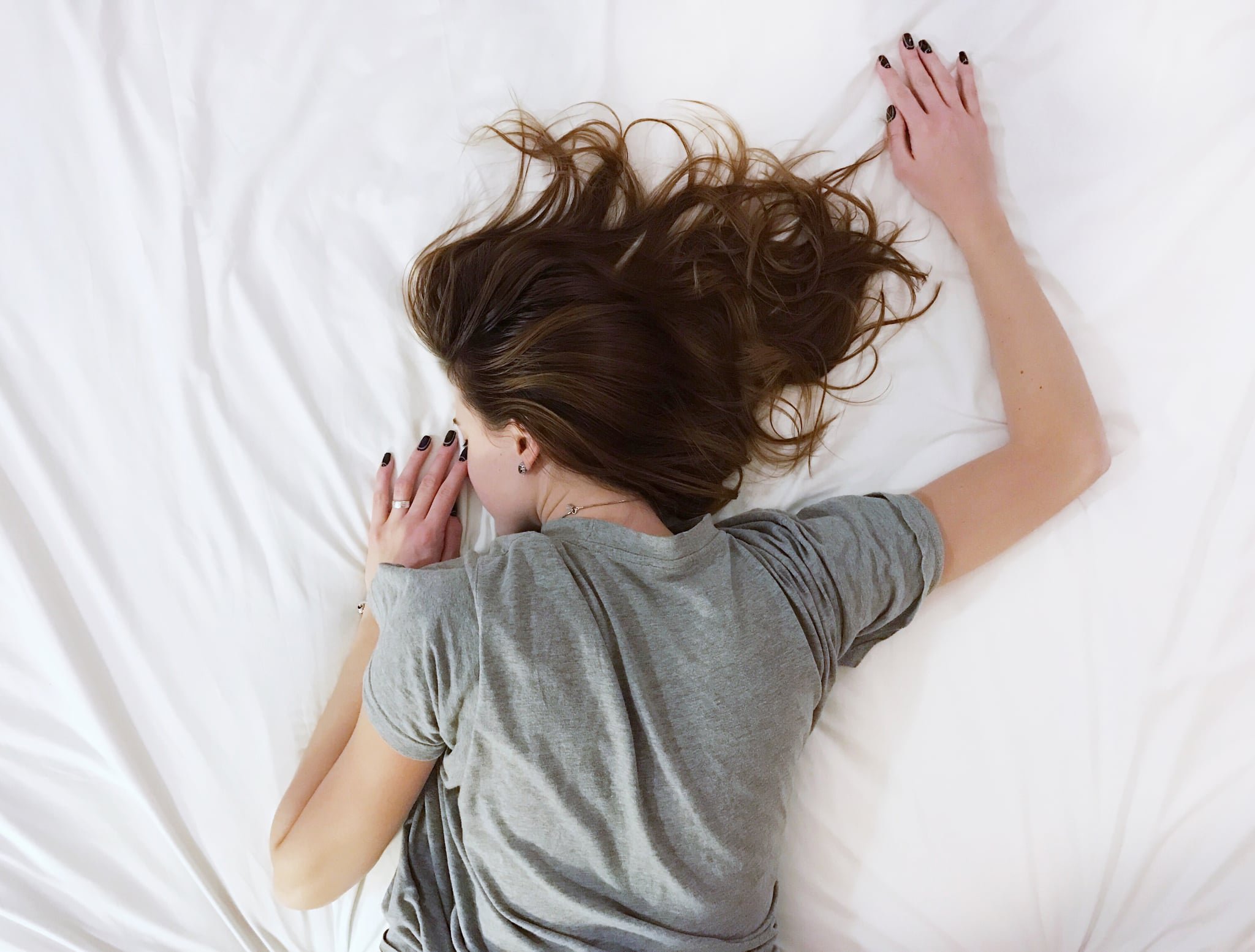
Just like the ebb and flow of nature is mandatory for its proper function, a good circadian rhythm is significant for mental clarity, healthy mood, proper heart function, reduced stress levels, and strong immunity. However, this internal clock of ours is actually screwed up because of our modern lifestyle.
The busy modern lifestyle makes us stay up till late, gaze on computer and smartphone screens for hours, limiting physical activities in our life and consuming a hefty amount of caffeine and alcohol, etc. which indeed messes up with our clock and increases the risk of diseases like obesity, diabetes, sleep disorders, depression, etc.
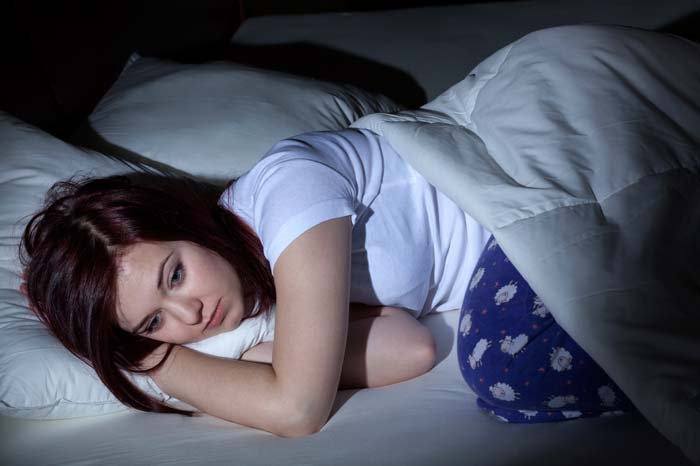
So how to bring your off-beat circadian rhythm back on track? Scroll down to find out!
1. Expose yourself to natural light as much as possible. Try getting daily sunlight exposure, particularly in the morning.
2. Avoid bright screens within 1-2 hours of your bedtime as the blue light emitted by your phone, tablet, computer, or TV is especially disruptive.

3. Make sure you exercise daily. Exercising can raise your core body temperature and can help you sleep better at night.
4. Following a uniform routine will bring your circadian rhythm on track. Establish a bedtime you will adhere to and always go to bed at the same time to get used to sleeping at the right time.
5. Make sure your room is comfortably cool and dark. Don’t sleep with thick covers, multiple pillows, and bright lights.
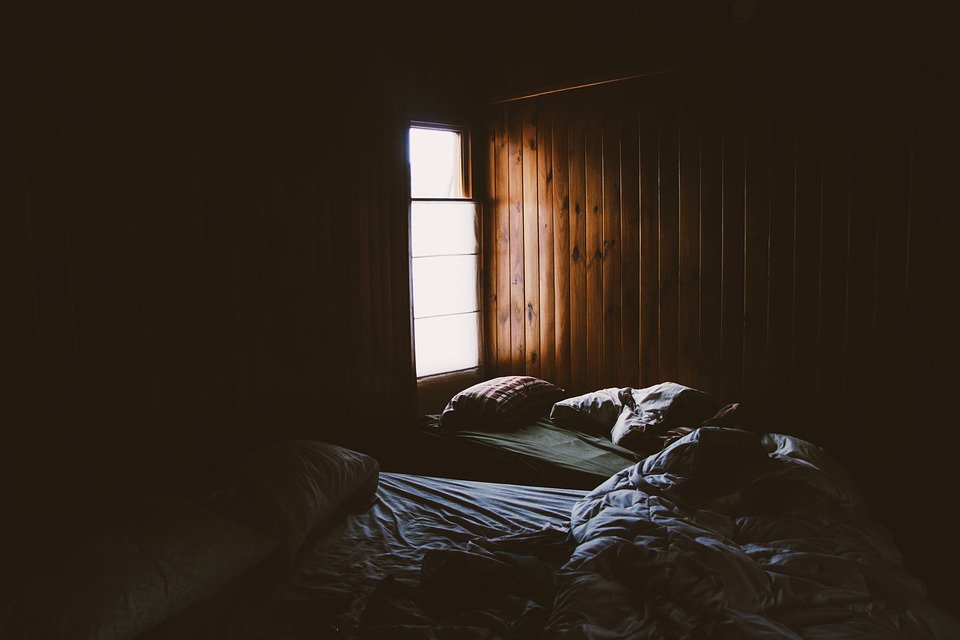
6. Get your stress levels under control. Hot baths and meditation can help you relax and fall asleep fast.
7. Fluctuating your eating schedule can mess with your internal clock. Eat well and at the same fixed hours to regulate your circadian rhythm.
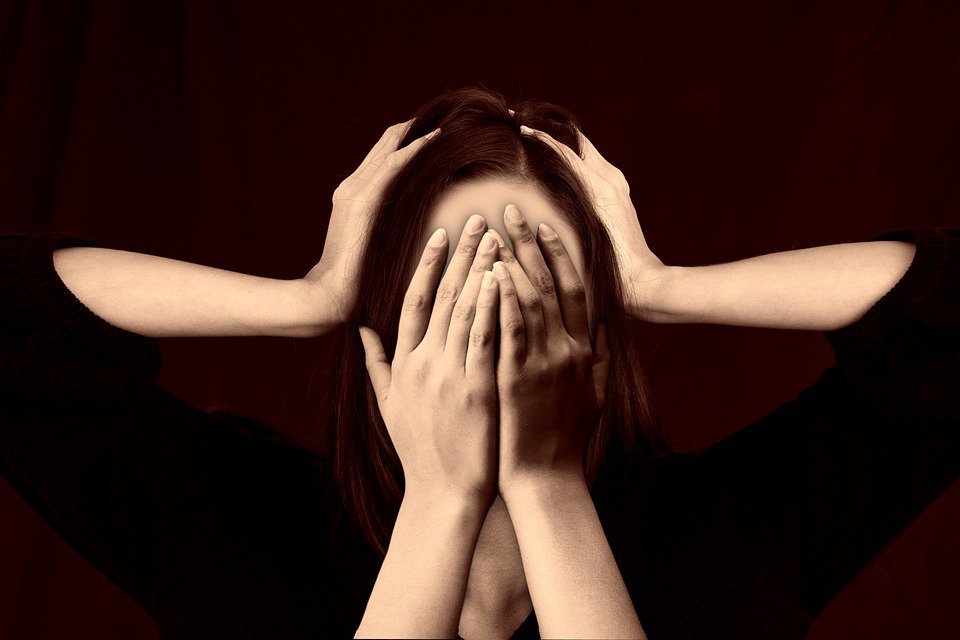
8. Caffeine can significantly worsen sleep quality. Don’t consume large amounts of caffeine during late afternoon or evening.
9. Consuming a large meal before bed can lead to poor sleep. It is thus advised to take a low-carb diet as your last meal of the day.

10. Lastly, avoid consuming alcohol before bed as it can reduce nighttime melatonin production in the body and lead to a disrupted sleep pattern.

Your sleep cycle plays a vital role in your wellbeing and overall health. So make sure you make sleep a top priority and incorporate the tips mentioned above.







